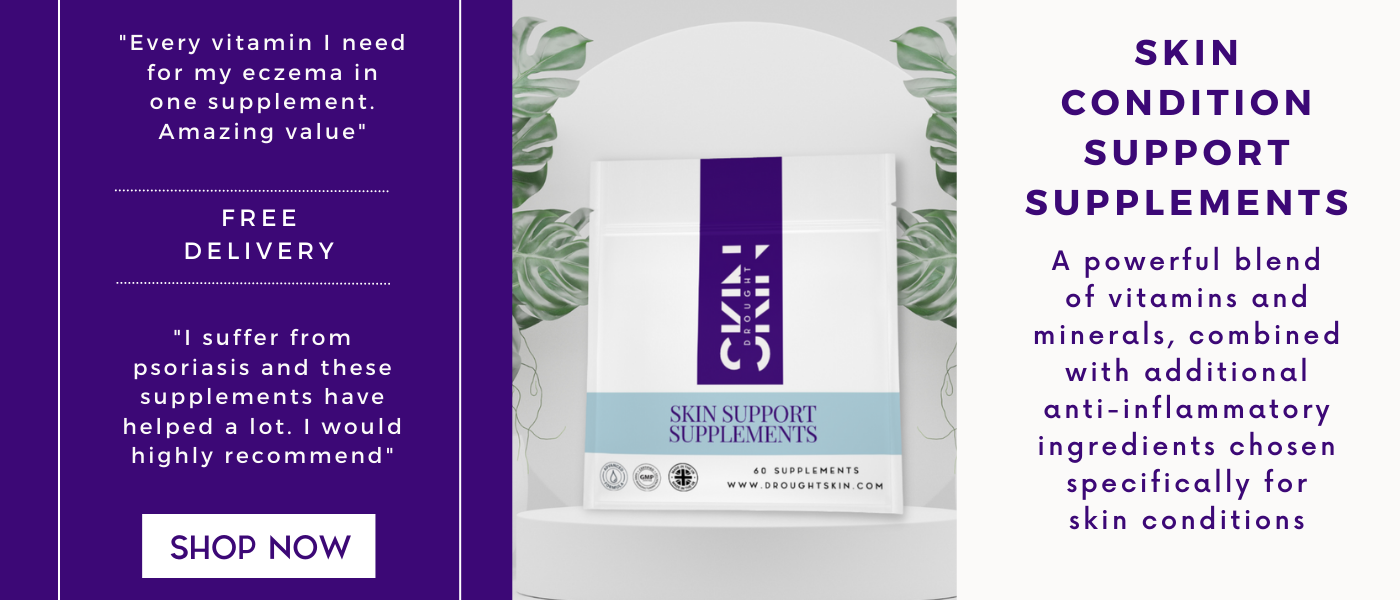Does Pregnancy Cause Acne?
Pregnancy is a time of significant changes in a woman's body, including hormonal fluctuations that can lead to acne. While acne during pregnancy is common, it can be frustrating and uncomfortable at an already stressful time. Learn about the causes of acne in pregnancy and safe treatment options to help manage this condition.
Hormonal Changes Can Cause Acne in Pregnancy
During pregnancy, hormonal changes can cause an increase in oil production, leading to clogged pores and acne. Specifically, an increase in androgens (male hormones) can trigger acne flare-ups. Stress and changes in diet can also contribute to acne during pregnancy. It’s important to note that some acne medications are not safe during pregnancy, so it’s best to consult with your doctor before starting any treatment.
Avoid harsh Skincare products and opt for gentle, Pregnancy-Safe options
When dealing with acne during pregnancy, it’s important to avoid harsh skincare products that can further irritate the skin. Instead, opt for gentle, pregnancy-safe options such as mild cleansers, oil-free moisturisers, and non-comedogenic makeup. It’s also important to avoid picking or squeezing spots, as this can lead to scarring and further breakouts. If over-the-counter options aren’t effective, consult with your doctor for safe prescription options.
Consult with your Healthcare provider before using any Acne Medications
It’s important to note that not all acne medications are safe to use during pregnancy. Some medications, such as isotretinoin, can cause birth defects and should be avoided. Other medications, such as tetracycline antibiotics, can affect fetal bone development and should also be avoided. Treatments such as Roaccutanel and Co-cyprindiol can cause malformations. You should also avoid Vitamin A topical treatments. Benzoyl peroxide and antibiotics tend to be safer options.
Always consult with your doctor before using any acne medications during pregnancy to ensure they are safe for both you and your baby. They may also b able to recommend topical treatments or safe oral medications to help manage acne during pregnancy.
Maintain a Healthy Diet and Exercise routine to support clear skin
While there is no specific diet that has been proven to prevent or treat acne, maintaining a healthy and balanced diet can support overall skin health. Eating a diet rich in fruits, vegetables, whole grains, and lean proteins can provide essential nutrients that support healthy skin. Avoid processed foods and sugar, and focus on eating a balanced diet with plenty of vitamin-rich foods.
Regular exercise can also help improve circulation and reduce stress, which can benefit skin health. However, it’s important to avoid excessive sweating and to shower and cleanse the skin after exercise to prevent clogged pores and acne breakouts.
Stress can also contribute to acne breakouts. Pregnancy and preparing to welcome a new baby are well-known to be stressful life events. Practice stress-reducing activities such as yoga, meditation, or deep breathing exercises. Ask your partner, friends or family for support when you need it.
Remember that Acne during Pregnancy is temporary and will likely improve after giving Birth
It’s important to remember that acne during pregnancy is a common and temporary condition that will likely improve after giving birth. Hormonal changes during pregnancy can cause an increase in oil production, leading to clogged pores and acne breakouts. However, there are treatments available that are safe for pregnant women, such as topical creams containing benzoyl peroxide or glycolic acid. It’s important to consult with your doctor before using any acne treatments during pregnancy.
Acne during pregnancy can be frustrating, but it is important to be patient. Hormonal changes can take time to balance out, and with consistent skincare and healthy habits, acne can be managed. Always speak to your doctor if your acne is painful, severe, persistent or making you feel depressed.



